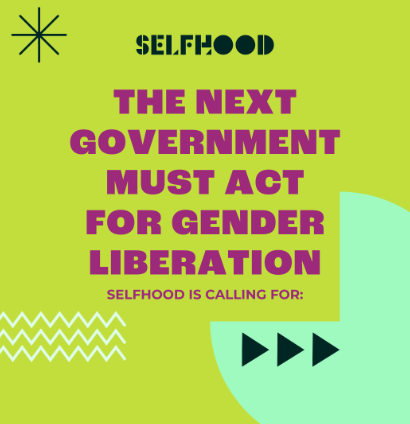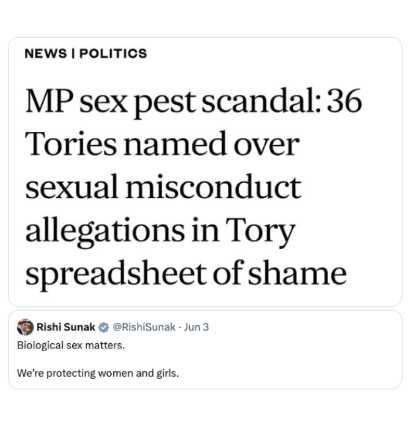Why does feminism need to be intersectional?

Mainstream feminist theory has often been blasted for centering white women and ignoring women of colour. White feminists have also been criticised for assuming the needs of women of colour are the same as theirs.
It’s important to start here because a central theme in feminism to this day is ‘sisterhood’. The framing that we are all together in this fight against the patriarchal oppressor. But this is completely false.
White women don’t speak on behalf of all women. We are not one size fits all. Oppression is not one size fits all.
Have white women experienced oppression? Yes, of course they have. But equating that oppression with the experiences of women of colour is…and I say this with my chest…bullshit. There is no parallel. Intersectionality demands we acknowledge how factors such as race, gender, sexual orientation, physical ability, and religion overlap and compound oppression. It is simple mathematics. Two is greater than one, three is greater than two: therefore, the sum of multiple identities is greater than any individual one. For women of colour, discrimination is doubled, tripled, quadrupled.
Author, speaker and activist Rachel Cargle said: “If the goal of your feminism is to get equal power with white men, you’re going to have to oppress a bunch of people on the way.”
White women who do not see a reason to expand their focus outside of their own needs are no better than the patriarchal system that is oppressing them. Feminism’s aim is not, and cannot be, to find equal standing with or replace whoever is persecuting us.
Feminism must be anti-racist
It is up to feminists to highlight the intersection of race and gender oppression: to ensure no experience is ignored and no-one is left behind. There is a need to expose and highlight the intersecting oppression experienced by women of colour. Too often, white women’s experiences are heralded as the flagship for gender oppression and Black men’s experiences are centred when discussing race oppression. Where is the political movement that spotlights the people who experience both? Feminism can and should be the vehicle for that movement.
It’s important to point out that it isn’t enough not to be racist. Not being racist is the bare minimum: the place to start (and where we should have been all along). Being actively and purposely anti-racist is necessary in a world where oppression is accepted as the norm.
Our mission is collective. We do not have the same experiences but we can fight for liberation alongside each other. We can shatter the glass ceiling as long as we are all holding the hammer.
To my fellow white feminists, what can we do?
“Talk without effort is nothing.” - Maria Stewart, first Black feminist abolitionist
Throw away your thoughts and prayers; grab solidarity and justice with both hands. Embrace being the one in the room who calls out sexism and makes racists feel uncomfortable. Learning to be radical is our duty.
 Listen with empathy to the experiences of people of colour around you.
Listen with empathy to the experiences of people of colour around you.  De-centre yourself. Act because it’s the right thing to do, not because it makes you feel good.
De-centre yourself. Act because it’s the right thing to do, not because it makes you feel good.  Address the need for intersectionality when talking about race and feminism.
Address the need for intersectionality when talking about race and feminism. Don’t over-generalise and speak for ‘all’ women.
Don’t over-generalise and speak for ‘all’ women. Stop being so fragile when it comes to talking about race.
Stop being so fragile when it comes to talking about race.  Educate yourself on how to be anti-racist. We suggest taking the Anti-Racist 30 Day Challenge. It’s free, self-paced, and aimed at bringing anti-racism into everyday life.
Educate yourself on how to be anti-racist. We suggest taking the Anti-Racist 30 Day Challenge. It’s free, self-paced, and aimed at bringing anti-racism into everyday life.
Do you have any thoughts to share on this? Get in touch.
Be notified when we add new articles
Popular blog posts
-

-

-

-
 The real-world manosphere 1 Dec 2023
The real-world manosphere 1 Dec 2023

